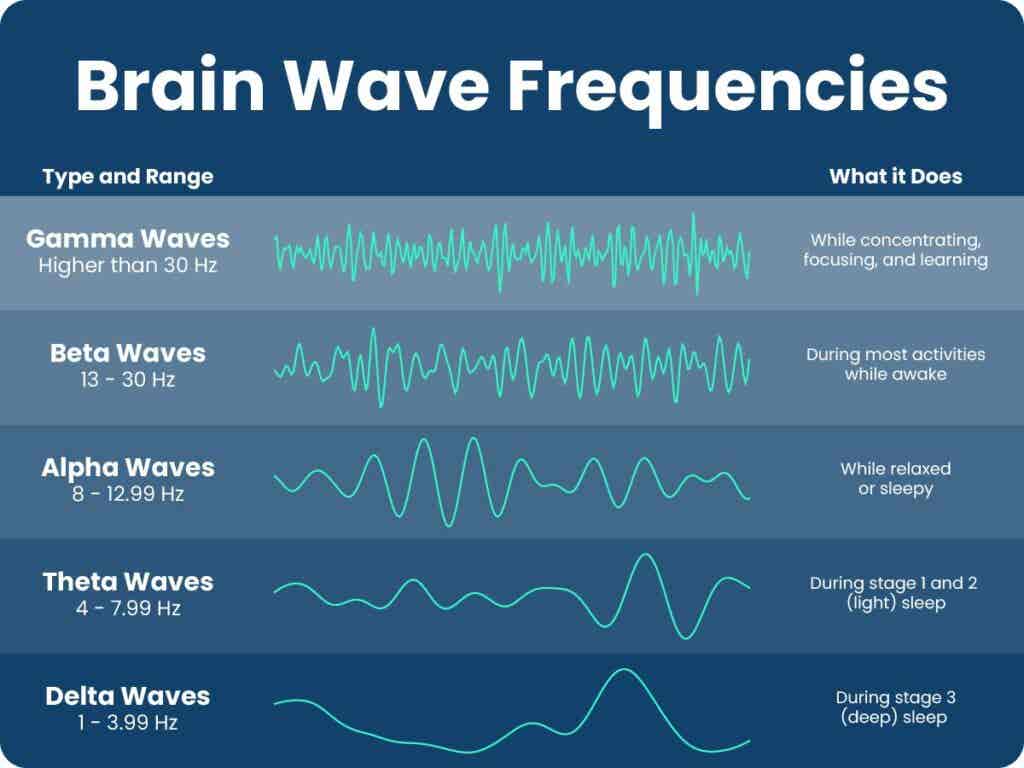Let Me Breakdown Rapid Transformational Therapy(RTT®)
What truly sets Rapid Transformational Therapy apart is its focus on the neuroplasticity of the mind. Neuroplasticity refers to the brain’s ability to reorganize itself by forming new neural connections throughout life. RTT® harnesses this natural ability, facilitating rapid, significant changes in thought patterns, beliefs and behaviours. RTT®’s 98% effectiveness rate is indeed one of its standout features and a major reason for its growing popularity, particularly among high achievers.
Although Rapid Transformational Therapy includes hypnotherapy, it goes well beyond. RTT® goes beyond traditional hypnosis, NLP (Neuro-Linguistic Programing), cognitive behavioural therapy (CBT), and coaching to create profound lasting, powerful, positive, progressive change in a remarkable short time. RTT® is not just about relaxation or suggestion-its multiple therapeutic techniques are designed to rewire the brain’s neural pathways. It focuses on addressing the root causes of emotional and behavioural and physical issues, often stored in the subconscious mind. RTT® helps clients uncover these causes, rework, reprogram and replace negative beliefs with healthier, more empowering ones, fostering healing and growth. The rapid nature of RTT® means that one will experience significant breakthroughs in just one or a few sessions, seeing phenomenal changes that can immediately be applied to their everyday lives.
One of the key aspects that sets RTT® is the expertise of the therapist. RTT® practitioners undergo extensive, specialized training, often in the form of certification programs led by experts like Marisa Peer, the founder of RTT®. These therapists are highly skilled in techniques, and equipped with advanced tools that allow them to work deeply with the subconscious mind, guiding clients to uncover, reprogram, and release blocked limiting beliefs. RTT® practitioners are outfitted with precision high level training, enabling them to offer highly tailored compassionate and goal-focused experience, helping clients identify the core issues that are holding them back and empowering them to make lasting changes in a structured intuitive way, that meets their unique needs.
RTT® produces results faster than other therapies, and for high achievers, this speed is critical. RTT® is a ground-breaking, cutting-edge therapy. Making it extremely appealing to high-performance individuals like world-class athletes, celebrities, and top financiers, because it allows them to overcome mental barriers and achieve their goals without the prolonged timeframes. These individuals often operate in high-stakes environments where mental clarity, emotional resilience, and peak performance are essential, and they are increasingly turning to RTT® to help them achieve just that. How do you relate?
Well for athletes, RTT® enhances mental toughness and eliminates performance anxiety. Celebrities and public figures use it to overcome stress, self-doubt, or past trauma that might be hindering their growth or success. Financiers and top executives utilize RTT® to maintain clarity, reduce pressure, and optimize decision-making under high stress. In essence, RTT® offers exactly what these high-achieving individuals want, a therapy designed for those who demand the best, demand peak performance and want results-fast. RTT® has a combination of precision, speed and deep therapeutic tools, this is what gives RTT® a much higher success rate than many other mind-transforming approaches. This is exactly what I can offer you!
myths
Myth: Hypnosis isn’t real; it’s just entertainment.
Reality: While hypnosis is often used in entertainment, clinical hypnosis is a legitimate therapeutic tool used in various medical, emotional and psychological treatments.
Myth: You lose consciousness or have amnesia while hypnotized.
Reality: Most people remain fully aware and remember everything that happens during hypnosis.
Myth: You’re under the control of your hypnotherapist.
Reality: You retain control during hypnosis and cannot be made to do anything against your will.
Myth: Hypnosis is just deep sleep.
Reality: Hypnosis is a distinct state of focused awareness, not a state of sleep, even if the body appears very relaxed.
Myth: Only certain people can be hypnotized.
Reality: While susceptibility varies, most people can experience hypnosis with the right approach.
Myth: Hypnosis can make you reveal secrets.
Reality: Hypnosis cannot force you to divulge information you want to keep private.
Myth: Hypnosis is a cure-all for problems.
Reality: Hypnosis can be a helpful tool but is most effective as part of a therapy such as RTT®
Hypnotherapy success
Research has shown promising results in several areas where hypnotherapy has demonstrated potential in addressing a range of medical and psychological conditions influenced by mental factors. Hypnotherapy shows success in many areas.
Mental Health Conditions: Studies show that hypnotherapy can activate the parasympathetic nervous system, which counteracts the “fight or flight” response associated with stress, thereby reducing levels of stress and anxiety. Hypnotherapy is effective in treating fears and phobias such as flying and mice, by helping individuals reframe their perceptions and relax in triggering situations. The phobic responses are reduced by addressing the subconscious roots of the fear.
Stress and Anxiety (particularly effective before medical procedures)
Panic Attacks and PTSD
Phobias
Behavior Modification: Hypnotherapy can support behavioral change, such as quitting smoking or losing weight, by helping to address the underlying psychological triggers of these behaviours. Studies have shown that hypnotherapy can be as effective as cognitive-behavioural therapy (CBT) for improving sleep.
- Smoking cessation
- Weight management
- Addictions
- Insomnia
Medical Conditions: Hypnotherapy has been shown to aid in reducing chronic pain, including conditions like fibromyalgia, arthritis, and back pain. It works by altering the perception of pain and increasing relaxation. A meta-analysis of clinical trials found that hypnotherapy significantly reduce pain in a variety of conditions, including surgery recovery and cancer-related pain.
- Pain Management: Effective for post-surgery recovery, childbirth, and chronic pain relief.
- Dermatological Issues: Such as psoriasis.
- Gastrointestinal Disorders: Including IBS.
- Side Effects of Cancer Treatments: Including nausea and vomiting.
Pain management studies indicate significant reductions in pain perception in surgical patients and those with chronic conditions like fibromyalgia. In IBS treatment, hypnotherapy has been associated with improved symptoms and quality of life for individuals suffering from IBS. PTSD relief demonstrated studies that have highlighted its effectiveness in reducing the severity of PTSD symptoms, enhancing overall coping mechanisms. Hypnosis is useful for uncovering repressed memories that are impacting mental health. Evidence shows individuals with PTSD reframe their traumatic memories and reduce emotional distress associated with those memories.
Evidence and Limitations:
While research supporting hypnotherapy has historically been limited, recent studies indicate its effectiveness, particularly for pain relief, IBS, and PTSD symptoms. Individual responses to hypnosis can vary based on susceptibility and motivation. It may not be appropriate for individuals with severe mental health disorders, such as psychosis.
Growing Acceptance:
Despite its history dating back to the 1700s, hypnotherapy has faced skepticism within the medical community. Now athletes and performers often use hypnotherapy to improve focus, confidence, and motivation, as well as to overcome performance anxiety. Studies show hypnotherapy improves cognitive function like concentration, memory, recall, learning ability, focus and boosts confidence and self-esteem in sports and academic settings. Students and professionals have used hypnotherapy to increase productivity and improve concentration during high-pressure tasks or examinations. Hypnotherapy is increasingly recognized and integrated into therapeutic practices by licensed professionals.
Conclusion:
Hypnotherapy presents a scientifically backed approach to managing various health issues, offering numerous benefits across a range of psychological, emotional and physical conditions. Its effectiveness varies depending on the individual and the issue being addressed but the growing body of research suggests it is a powerful tool when utilized properly.
Hypnosis Occurs Between the Alpha and Theta Brain Wave Frequencies

